Education for Veterinary Professionals
This section has material relevant to veterinarians, veterinary students and other health care professionals. Includes material from our IPFD Student Projects.
 Donate
DonateDid you find our content interesting or helpful? Help support the IPFD enhance health, well-being and welfare for dogs everywhere.

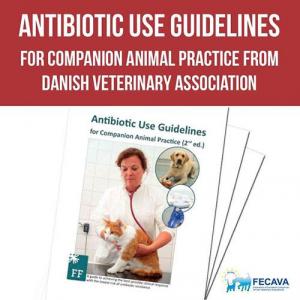
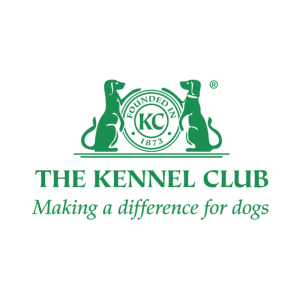

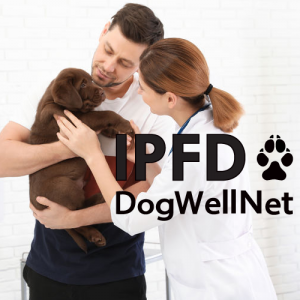
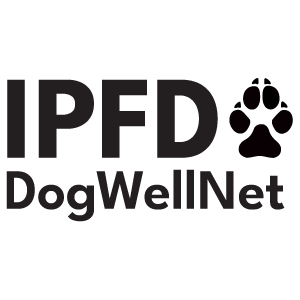
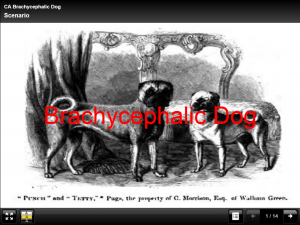
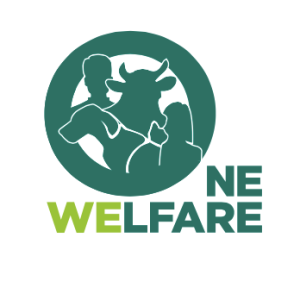

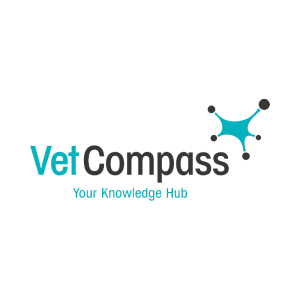
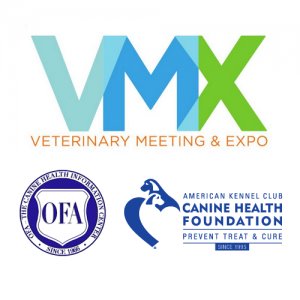
By using this site, you agree to our Terms of Use.